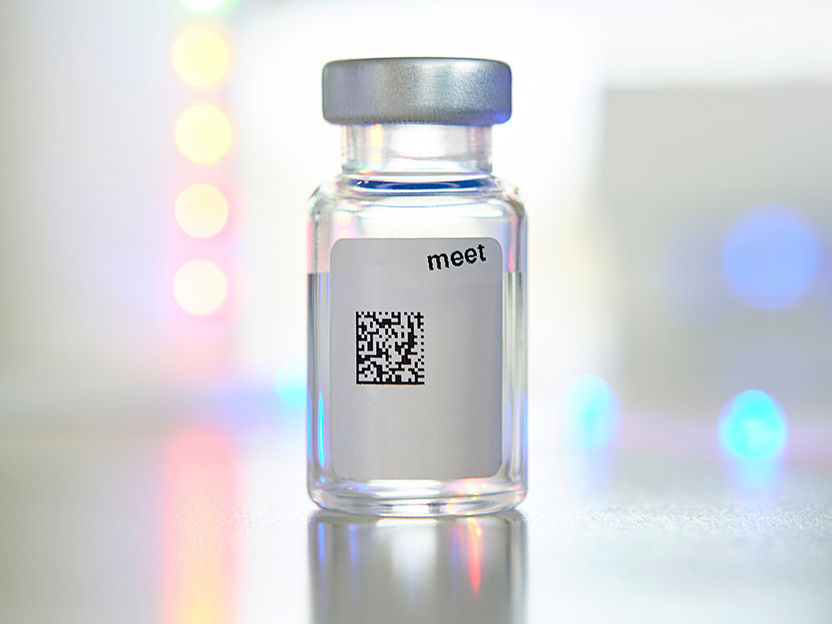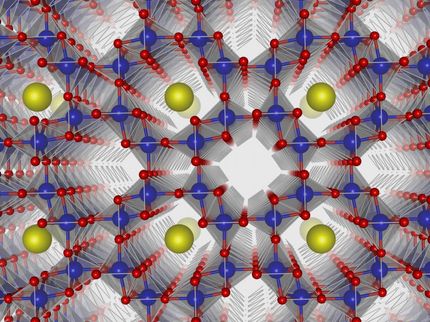Innovative Battery Chemistry Revolutionises Zinc-Air Battery
International Research Cooperation for Sustainable Batteries of the Future
Advertisement
High-performance, eco-friendly, safe and at the same time cost-effective: the zinc-air battery is an attractive energy storage technology of the future. Until now, the conventional zinc-air battery has struggled with a high chemical instability, parasitic reactions which rooted in the usage of alkaline electrolytes lead to electrochemical irreversibility. Based on an innovative, non-alkaline, aqueous electrolyte, an international research team led by scientist Dr. Wei Sun of MEET Battery Research Center at the University of Muenster has developed a new battery chemistry for the zinc-air battery which overcomes the previous technical obstacles. The scientific team has published the detailed results of their research project, involving researchers from Fudan University in Shanghai, the University of Science and Technology in Wuhan, the University of Maryland and the US Army Research Laboratory, in the journal "Science".

The basis of the innovative battery chemistry for the zinc-air battery is a non-alkaline, aqueous electrolyte.
© WWU - MEET (Judith Kraft)
Key parameters of the zinc-air battery optimised
"Our innovative, non-alkaline electrolyte brings a previously unknown reversible zinc peroxide (ZnO2)/O2 chemistry into the zinc-air battery”, explains Dr. Wei Sun. Compared with the conventionally strong alkaline electrolytes, the newly developed non-alkaline aqueous electrolyte, which is based on the zinc trifluoromethanesulfonate salt, has several decisive advantages: The zinc anode is used more efficiently with a higher chemical stability and electrochemical reversibility. The full zinc-air batteries thus constructed can long-term operate stably for 320 cycles and 1,600 hours under ambient air atmosphere.
The mechanism of this ZnO2/O2 battery chemistry and the role of the hydrophobic trifluoromethanesulfonate anion were systematically revealed using well-designed electrochemical, analytical techniques and multiscale simulations. The identified increased energy density has now the potential to compete with the lithium-ion battery currently dominating the market. “The zinc-air battery provides a potential alternative battery technology with advantages such as environmental friendliness, high safety and low costs”, emphasises Sun. “This technology still requires further, intensive research and optimisation before its practical application.”
Original publication
Other news from the department science
Most read news
More news from our other portals
See the theme worlds for related content
Topic World Battery Technology
The topic world Battery Technology combines relevant knowledge in a unique way. Here you will find everything about suppliers and their products, webinars, white papers, catalogs and brochures.

Topic World Battery Technology
The topic world Battery Technology combines relevant knowledge in a unique way. Here you will find everything about suppliers and their products, webinars, white papers, catalogs and brochures.































































